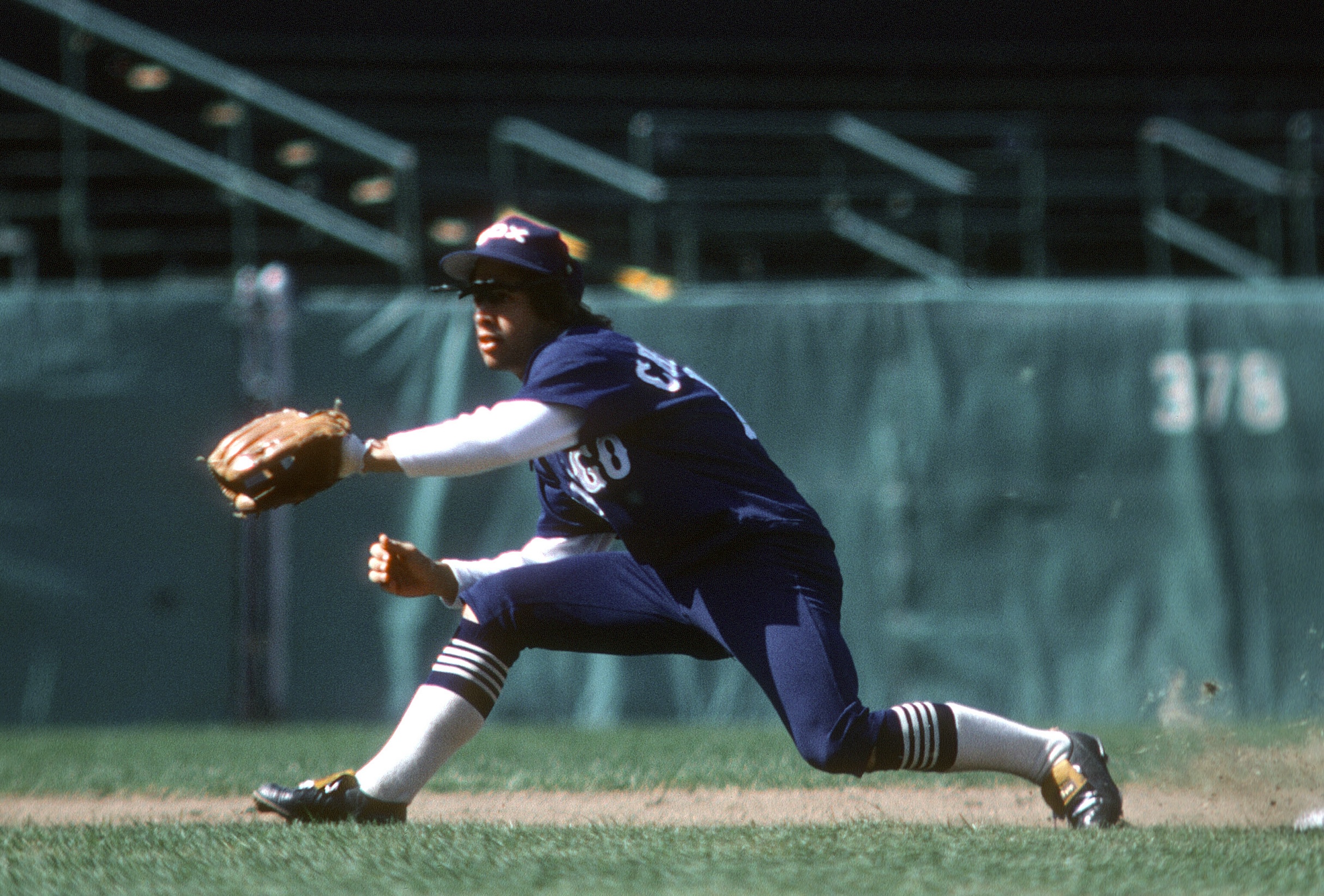The Chicago White Sox: A Unique Era of Gimmicks and Players
The late 1970s were a transformative time for the Chicago White Sox, a period marked not only by the team’s on-field performance but also by a series of promotional gimmicks that captured the attention of baseball fans across the nation. Under the ownership of the flamboyant Bill Veeck, the White Sox became synonymous with creative marketing strategies, some of which would go down in history as both infamous and iconic. From the notorious Disco Demolition Night to the unforgettable game where players donned shorts, the White Sox were determined to generate interest, regardless of their win-loss record.
Disco Demolition Night: A Legendary Fiasco
One of the most talked-about events in baseball history, Disco Demolition Night, took place on July 12, 1979. The promotion was designed to attract fans by inviting them to bring disco records to the ballpark, where they would be blown up between games of a doubleheader. The event drew a massive crowd, but it quickly spiraled out of control. Fans stormed the field, leading to a chaotic scene that resulted in the cancellation of the second game. While the event was a marketing success, it also highlighted the lengths to which Veeck would go to draw attention to his team, often at the expense of traditional baseball decorum.
The Shorts Game: A Fashion Statement on the Field
In another bold move, Veeck orchestrated a game on July 25, 1976, where the White Sox players wore shorts instead of traditional baseball pants. The stunt was intended to be a lighthearted way to engage fans and create a memorable experience. While the players may have felt a bit silly, the event was a hit with the crowd, showcasing Veeck’s knack for blending entertainment with sports. The shorts game remains a quirky footnote in baseball history, emblematic of the White Sox’s unique approach to fan engagement during this era.
Harry Chappas: The Shortstop with a Unique Legacy
Amidst the promotional antics, one player who stood out—quite literally—was shortstop Harry Chappas. Standing at just 5-foot-3, Chappas became a symbol of the White Sox’s unconventional spirit. Drafted in the sixth round out of Miami-Dade College in 1976, he made his major league debut at the tender age of 20. Over three seasons with the White Sox from 1978 to 1980, Chappas played 72 games, batting .245 with one home run and 12 RBIs. His career, while not particularly distinguished in terms of statistics, was notable for his height and the attention it garnered.
The Controversy of Chappas’ Presence
Chappas’ presence on the team sparked debate among fans and teammates alike. Some speculated that Veeck had brought him on board as a publicity stunt rather than for his baseball skills. In a 1979 interview with Sports Illustrated, Veeck defended Chappas, stating, “Gaedel was a gag, Chappas is a player,” referring to Eddie Gaedel, the famous 3-foot-7 player who made a one-game appearance for the St. Louis Browns in 1951. However, Chappas himself had a different perspective. In a 1997 interview, he expressed his belief that he was often viewed as a gimmick, saying, “I began to realize that Bill Veeck just wanted me to be a gimmick to put people in the seats.”
A Minor League Background
Despite the skepticism surrounding his role in the majors, Chappas had a solid minor league career that supported his claim as a legitimate player. Over the course of 731 games in the minors, he maintained a batting average of .252 and a respectable .347 on-base percentage, particularly excelling at the Triple-A level with the White Sox and Montreal Expos affiliates. His minor league success demonstrated that he was more than just a novelty act; he had the skills to compete at a higher level.
Life Beyond Baseball
After his playing days ended, Chappas embraced a variety of hobbies that showcased his multifaceted personality. He was known for raising finches and even took some of his feathered friends on the road with him during his playing days. Additionally, he spent his evenings building model airplanes, a testament to his creativity and attention to detail. Following his retirement from baseball, Chappas found enjoyment in playing jai alai, further illustrating his love for sports and competition.
A Lasting Impact
Harry Chappas passed away on September 15, 2024, at the age of 66, leaving behind a legacy that intertwines with the colorful history of the Chicago White Sox during the late 1970s. His story is a reminder of a time when baseball was not just about the game itself but also about the spectacle, the entertainment, and the unique characters that made the sport so beloved. The White Sox, under Veeck’s leadership, transformed the baseball experience into something more than just a game, creating memories that fans still cherish today.
